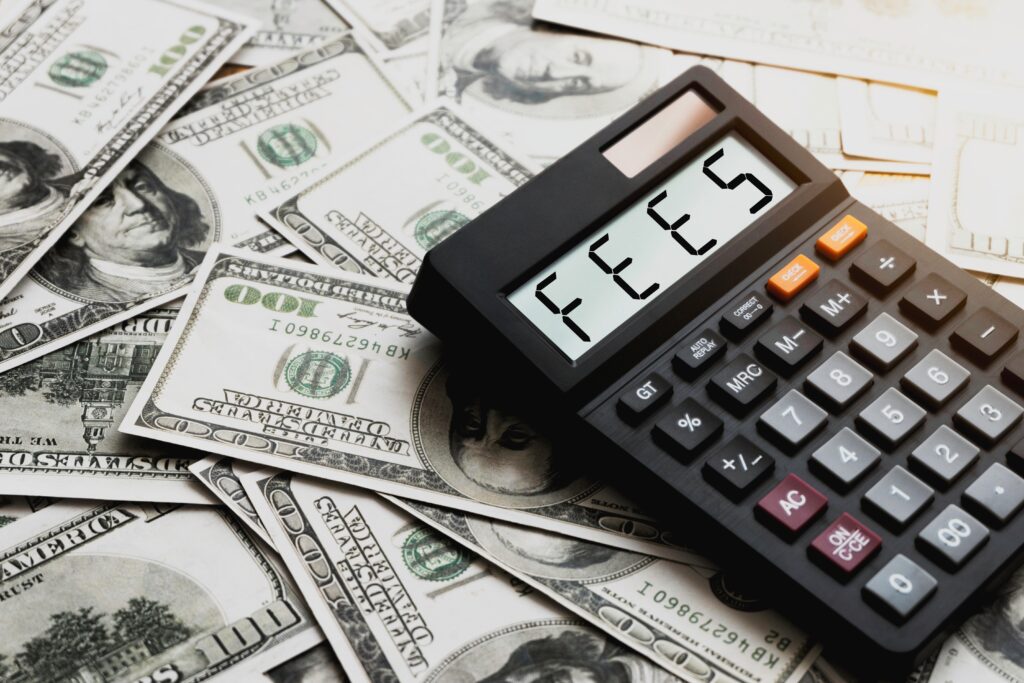Table of Contents
- What Is The Cost-Benefit Ratio Of Regular Hood Cleaning?
- The Importance of Regular Hood Cleaning
- The Cost of Regular Hood Cleaning
- Cost Savings and Benefits
- Frequently Asked Questions
- 1. How often should a hood system be cleaned?
- 2. Can I clean the hood system myself?
- 3. How much does non-compliance with hood cleaning regulations cost?
- 4. Can regular hood cleaning improve the lifespan of kitchen equipment?
- 5. How can I find a reliable hood cleaning service?
- Summary
What Is The Cost-Benefit Ratio Of Regular Hood Cleaning?

Regular hood cleaning is an essential maintenance task for any commercial kitchen. The hood system plays a crucial role in keeping the kitchen environment safe and clean by removing smoke, grease, and other airborne contaminants. However, many restaurant owners and managers often overlook the importance of regular hood cleaning due to concerns about the cost. In this article, we will explore the cost-benefit ratio of regular hood cleaning and highlight the long-term advantages it offers to businesses.
The Importance of Regular Hood Cleaning
Before delving into the cost-benefit analysis, it is crucial to understand why regular hood cleaning is necessary. The hood system consists of a range hood, exhaust fan, and ductwork, all of which can accumulate grease and other flammable substances over time. Failure to clean these components regularly can lead to a variety of issues:
- Fire Hazard: Grease buildup in the hood system increases the risk of fire. According to the National Fire Protection Association (NFPA), nearly one-third of restaurant fires are caused by grease buildup in the kitchen exhaust system.
- Poor Air Quality: A dirty hood system can release smoke, odors, and other contaminants into the kitchen, compromising the air quality. This can lead to health issues for kitchen staff and unpleasant dining experiences for customers.
- Inefficiency: A clogged hood system can impede the airflow, reducing the efficiency of the exhaust fan. This can result in increased energy consumption and higher utility bills.
- Non-Compliance: Many jurisdictions have specific regulations and codes regarding hood cleaning frequency. Failure to comply with these regulations can result in fines, penalties, and even closure of the establishment.
The Cost of Regular Hood Cleaning
Now that we understand the importance of regular hood cleaning, let’s examine the cost aspect. The cost of hood cleaning can vary depending on several factors, including the size of the hood system, the level of grease buildup, and the location of the establishment. On average, a professional hood cleaning service can cost anywhere from $200 to $500 per cleaning session.
While this may seem like a significant expense, it is essential to consider the long-term benefits and cost savings that regular hood cleaning can provide.
Cost Savings and Benefits
1. Reduced Fire Risk: Regular hood cleaning significantly reduces the risk of fire in the kitchen. By removing grease buildup, the chances of a fire starting in the hood system are greatly minimized. This can potentially save businesses from devastating fire-related damages, insurance claims, and even legal liabilities.
2. Improved Air Quality: Clean hood systems ensure that smoke, odors, and other contaminants are effectively removed from the kitchen. This creates a healthier and more pleasant environment for both staff and customers. Improved air quality can also lead to higher employee productivity and customer satisfaction.
3. Energy Efficiency: A clean hood system allows the exhaust fan to operate at its optimal efficiency. This means that the fan consumes less energy while effectively removing smoke and odors. Over time, the energy savings can add up, resulting in lower utility bills.
4. Extended Equipment Lifespan: Regular hood cleaning helps prevent the accumulation of grease and other debris in the hood system. This reduces the strain on the exhaust fan and other components, extending their lifespan. By avoiding costly repairs or premature replacements, businesses can save a significant amount of money in the long run.
5. Compliance with Regulations: Many jurisdictions have specific regulations and codes regarding hood cleaning frequency. By adhering to these regulations, businesses can avoid fines, penalties, and potential closure. Non-compliance can be far more costly than investing in regular hood cleaning.
For professional kitchen exhaust hood cleaning services in Ontario, visit Ontario Hood Cleaning.
Frequently Asked Questions

1. How often should a hood system be cleaned?
The frequency of hood cleaning depends on several factors, including the type of cooking conducted, the volume of cooking, and local regulations. In general, it is recommended to have a professional hood cleaning service performed every three to six months.
2. Can I clean the hood system myself?
While it is possible to clean the hood system yourself, it is highly recommended to hire a professional hood cleaning service. Professionals have the necessary equipment, expertise, and knowledge to thoroughly clean the hood system and ensure compliance with regulations.
3. How much does non-compliance with hood cleaning regulations cost?
The cost of non-compliance with hood cleaning regulations can vary depending on the jurisdiction and severity of the violation. Fines can range from a few hundred dollars to several thousand dollars. In addition to fines, non-compliance can also result in increased insurance premiums, legal liabilities, and potential closure of the establishment.
4. Can regular hood cleaning improve the lifespan of kitchen equipment?
Yes, regular hood cleaning can help extend the lifespan of kitchen equipment. By preventing the accumulation of grease and debris, the strain on the exhaust fan and other components is reduced. This can result in fewer breakdowns, repairs, and premature replacements, saving businesses money in the long run.
5. How can I find a reliable hood cleaning service?
To find a reliable hood cleaning service, consider asking for recommendations from other restaurant owners or managers. Look for companies that are certified and have a good reputation in the industry. It is also important to ensure that the service provider complies with local regulations and provides a detailed cleaning report after each session.
Summary
Regular hood cleaning may seem like an additional expense, but the cost-benefit ratio is overwhelmingly positive. By investing in regular hood cleaning, businesses can reduce the risk of fire, improve air quality, increase energy efficiency, extend equipment lifespan, and ensure compliance with regulations. The long-term cost savings and benefits far outweigh the initial investment. Don’t overlook the importance of regular hood cleaning – it is an essential aspect of maintaining a safe and efficient commercial kitchen.
- hood cleaning
- kitchen exhaust cleaning
- restaurant hood cleaning
- What Is The Cost-Benefit Ratio Of Regular Hood Cleaning?






